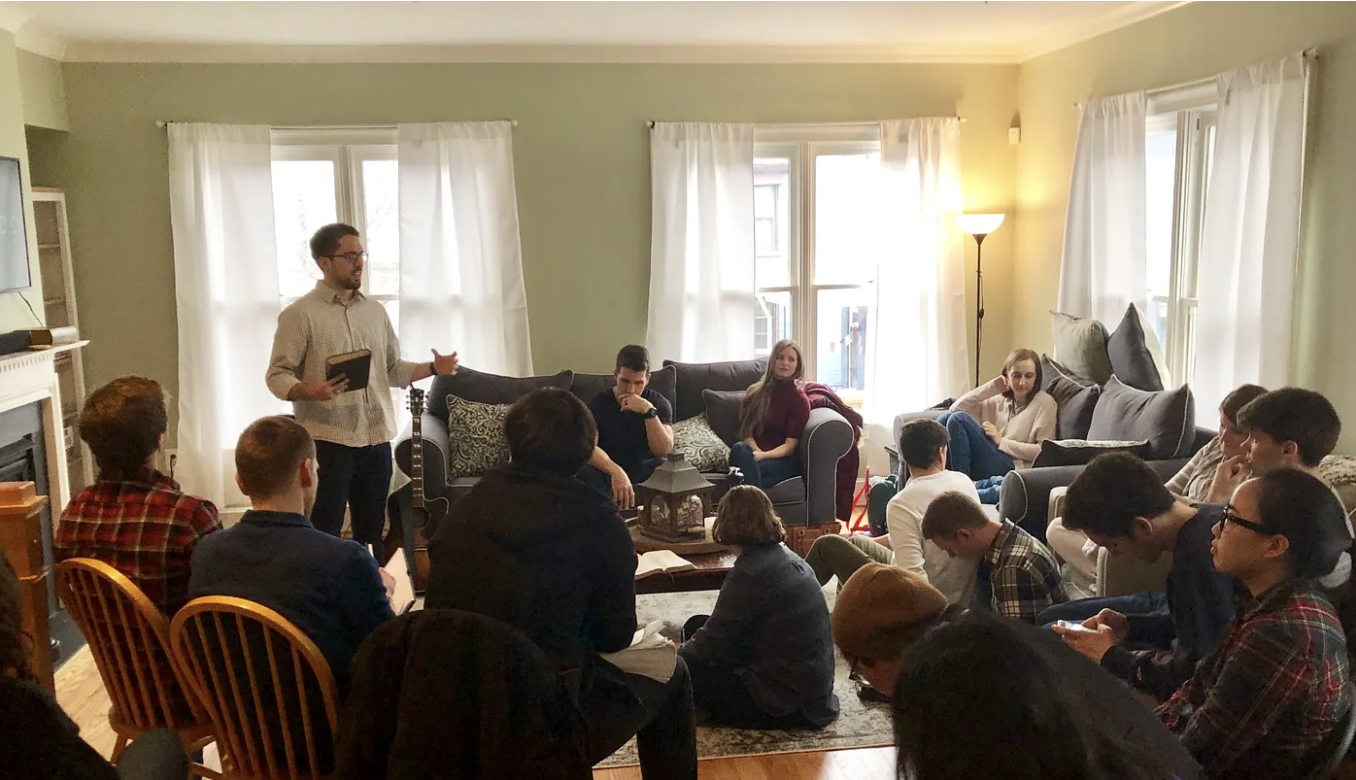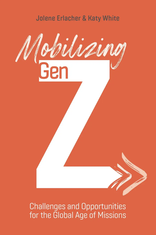|
Remember Covid? Pastors and churches across the country stepped into uncharted territory those first weeks of March and April in 2020. I prayed daily for my pastor friends and can only imagine the levels of stress that piled up around them as they led their respective churches through the Coronavirus crisis. With Sunday morning services needing to be cancelled, it left many scrambling to figure out how to do church. Because so much of what we do focuses on the Sunday morning service, this posed a very real challenge for church leadership. What do we do when our weekly hour and a half long service is no longer an option? That is the question everyone was wrestling with in those early months of the Covid crisis. I sometimes wonder now however if we missed an opportunity. It seems we've jumped back into business as usual and I'm wondering if there was another path to explore. I recently read an update from a Christian working in a Muslim majority country in Central Asia. They’d been working diligently alongside a local pastor to grow a small church made up of former Muslims. The group had found favor with a local property owner and had been meeting in a storefront building on Sundays for several years. Every Sunday the church of just over fifty gathered to worship together, to listen to the preaching of their very gifted pastor and to fellowship with one another. All that changed when the building owner began to come under increasing pressure from the local Muslim community. Even though he appreciated the monthly rent, he eventually decided it just wasn’t worth it and asked them to move out. What did they do when their weekly hour and a half long service was no longer an option? They didn’t have the option of streaming the pastor’s preaching and they knew they wouldn’t be able to find another building big enough for their needs. How could they go on? The pastor and elders met and realized that they were going to have to shift away from the larger group weekly gathering. They would need to meet in many smaller groups in peoples’ homes. Rather than centralized teaching, the teaching would need to be spread out among a number of young leaders. The pastor took the time he usually invested in preparing his sermon and instead began to invest that time in preparing men. While it has been a challenging time, it has also been a time of real growth. In the smaller group settings, people have found it easier to share, to interact and to practice the "one anothers" of scripture. Young leaders, given new responsibility and a lot more time with the pastor or an elder have matured quickly. One of the most exciting aspects of this shift to smaller groups meeting in homes rather than an official church building, is that members of the church have been more active in inviting their friends and neighbors to attend and non-believers have felt more comfortable to come and visit. More Muslims are both seeing and hearing the gospel than ever before and the church is growing - both spiritually and numerically. This church still finds a place to gather everyone together once each month for a larger gathering where they worship and celebrate and yes, listen to their pastor’s preaching. They are figuring things out as they have learned in a new, personal way the truth of Paul’s words in Romans 8:28, “And we know that all things work together for good to those who love God, to those who are called according to His purpose.” I hoped and prayed that the Coronavirus crisis would end quickly back in 2020. But I also prayed that God would shake up His church, refine us and teach us to walk in new, fresh (but very old) ways. I had hoped it would be an opportunity to learn from the church in Central Asia and China and Iran -- churches that cannot have large gatherings but rather come together in homes to “dedicate themselves to the apostles teaching and to fellowship, to the breaking of bread and to prayer.” Don't get me wrong - I love my local church family and our church and I don't think the legacy church is going anywhere or needs to. I just wonder if there are other ways to do church that more reflect Jesus' focus on disciple making rather than just a holy huddle. Are there hybrid models we can discover or create? Can we reimagine a church that is less about gathering and more about going? As I wrestle with scripture I suppose I'll always wrestle with these questions and my hope is that this article will help others begin to wrestle as well. Practical Handles Here are a few resources I’ve found helpful to begin to have a handle on how to help our congregations gather in smaller groups in homes.
The Coronavirus was challenging, there can be no doubt about that. It may be a challenge unlike any we've faced in our lifetimes though I suspect there will be more to come. It may not yet be the time to consider new ways of doing church in North America, but it seems there is an opportunity to discover new rhythms, new methods, new wine skins that may lead to greater levels of fellowship, faithfulness, disciple making, evangelism and maturity. And looking at the data coming out of the Barna Group and Pew Research, we could use greater levels of all of those. If you found this article helpful, pass it along to a friend who you think may benefit from reading it.
0 Comments
Your comment will be posted after it is approved.
Leave a Reply. |
The E2E Community
Categories
All
Good Books
Archives
April 2024
|
Proudly powered by Weebly






